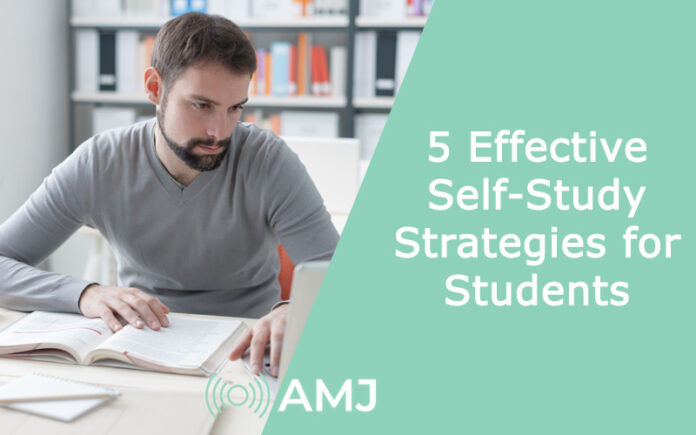Students need to put in enough hours to complete assignments, revise for exams, and run personal projects, among other engagements. A good study plan will help you to maximize your time and improve productivity. Each student has a unique approach to studying. Some will use class time more while others prefer to revise in the library. Others may watch videos and discuss with friends to understand the concepts taught in class. No single strategy matches all students and subjects. A combination of strategies will improve your productivity and the quality of your study experience. The strategies may also change with time depending on the time left before exams or the intensity of the work at hand.

A personalized study strategy helps you to obtain better results. However, there are general strategies that will improve the quality of your results. Here are excellent study strategies students can use in college or any level of study to improve their performance.
Contents
1. Get homework help
Hire a homework helper for some or all of your assignments. It takes away a huge burden, allowing you to relax, grasp more in class, and engage in other more interesting activities. Can I find someone to do my statistics homework for me to reduce the study workload? Writing services are at hand to assist with any assignment. It protects you from worrying about deadlines and poor grades.
Homework help may also come in the form of apps. Apps help you to tackle questions in math, languages, physics, chemistry, and other subjects in class. Choose an app designed for the subject or topic you need help with. A review of homework apps will also help you to pick the best app. Test the apps to ensure that they give accurate answers to avoid compromising your grades.
2. Develop a routine
A routine puts your body and mind in synch, helping you to remain more productive. A routine will also enable you to utilize time effectively. You avoid impromptu activities at the expense of others that should take priority. It is also a chance to identify the most important duties or tasks in your life. Such knowledge will help you to allocate your energy and time effectively.
The routine must consider your most productive hours. Use early morning hours to study because the body and mind are fresh enough to grasp more. A routine will also help you to identify gaps in your day that can be filled using more beneficial tasks.
3. Diversify your study materials
Using the same books and study materials will slow down your progress. You will be interacting with the same language that you never understood. Diversify your study materials to include videos, VR kits, and trips. Such modes of study are more engaging and memorable. They help you to understand the concepts taught better through demonstrations and graphic presentations.
4. Find a good place to study
Set your study table in a comfortable space where you can be productive. Avoid distractions like music, video games, and activities that take your mind away from academic work. The desk should be set in a warm and comfortable space where you can study for hours without distraction. It improves the speed of understanding as well as your memory.
5. Learn to relax
Prepare a schedule that allows you to relax after a long day in class. Hire homework help so that you do not spend all your time in the library. Sleep enough hours, go on picnics, and travel over weekends. A relaxed body and mind will find it easier to study.
An effective study session makes it easier to understand the concepts you are reviewing. Get help to reduce your workload even as you set the right table to help you during your studies. Create time to relax and avoid burnout.












![Index of Money Heist [Season 1, 2, 3 & 4 – All Episodes, Cast and Plot] Index of Money Heist](https://www.asiamediajournal.com/wp-content/uploads/2021/05/Index-of-Money-Heist-3-100x70.jpg)